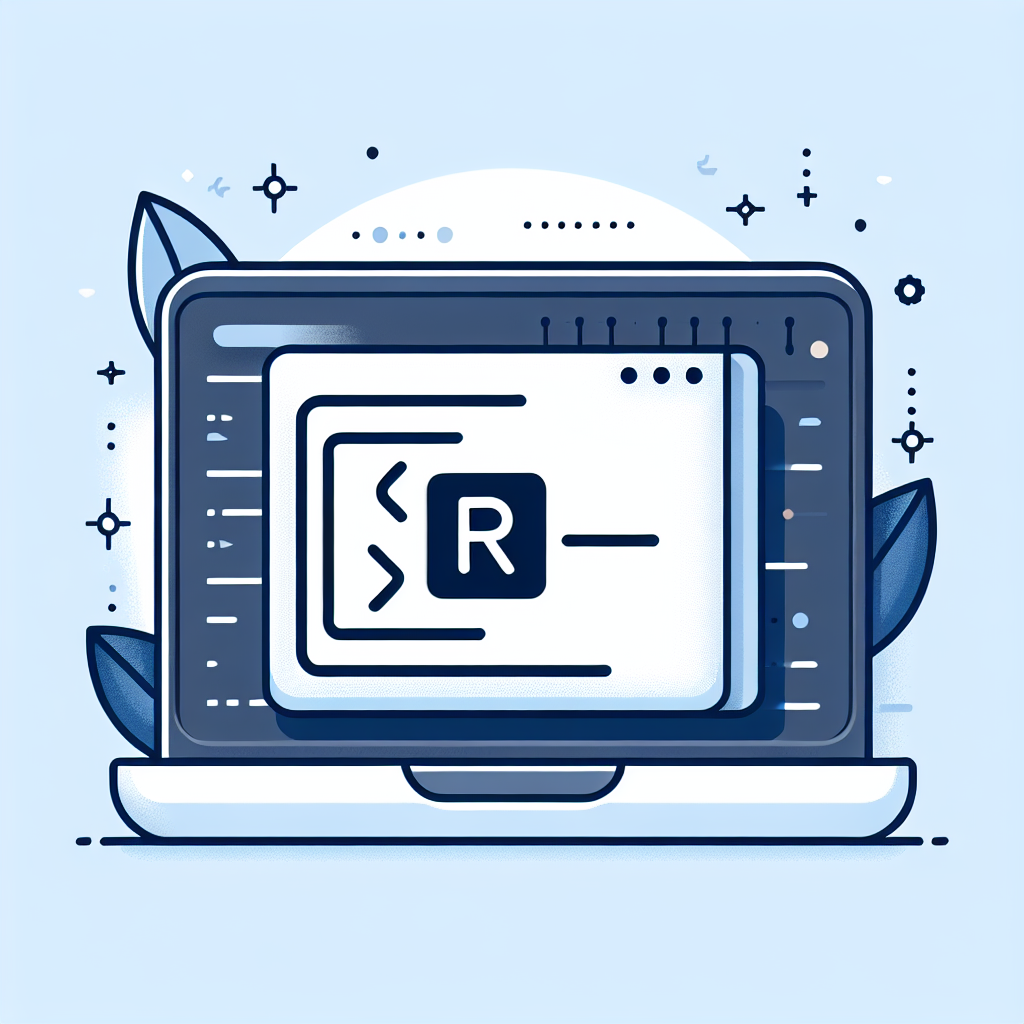Convert R to Kotlin: Seamless Code Transformation Tool
Effortlessly convert R code to Kotlin with our powerful tool. Enhance productivity and streamline your development process. Try R to Kotlin converter now!
Source Code
Converted Code
Output will appear here...
The R to Kotlin tool streamlines the conversion of R scripts to Kotlin code, enhancing cross-platform compatibility and performance. Ideal for data scientists and developers, this tool simplifies the transition to Kotlins modern, efficient language while preserving the functionality of your original R code. Boost productivity and code maintainability with seamless language transformation.

R to Kotlin Conversion Tool Link to this section #
Transforming R scripts into Kotlin code can be a daunting task without the right tools. The 'R to Kotlin' converter simplifies this process, allowing developers to seamlessly transition between these two powerful programming languages. This tool is particularly valuable for data scientists and software developers looking to integrate R's statistical capabilities with Kotlin's modern programming features.
Key Features Link to this section #
- Automated Conversion: Efficiently converts R functions, loops, and data structures into Kotlin equivalents.
- Syntax Mapping: Translates R's syntax, such as vectorized operations and data frames, into Kotlin's object-oriented paradigms.
- Code Optimization: Suggests idiomatic Kotlin practices, enhancing code readability and performance.
Code Snippet Example Link to this section #
Convert a simple R function to Kotlin:
R Code:
addNumbers <- function(a, b) {
return(a + b)
}
Kotlin Equivalent:
fun addNumbers(a: Int, b: Int): Int {
return a + b
}
Benefits of Using the Tool Link to this section #
- Improves Efficiency: Reduces manual coding efforts when migrating projects from R to Kotlin.
- Error Reduction: Minimizes syntax errors by providing accurate code translations.
- Flexible Integration: Supports integration with popular IDEs, enhancing the development workflow.
Use Cases Link to this section #
- Data Analysis: Convert R data analysis scripts to Kotlin for integration with Android applications or Java-based systems.
- Statistical Computing: Leverage Kotlin's interoperability with Java to enhance R's statistical models with modern software engineering practices.
For more information on programming with Kotlin, refer to JetBrains Kotlin Documentation. To understand more about R's capabilities, visit R Project.
By leveraging the 'R to Kotlin' tool, developers can take advantage of Kotlin's robust features while maintaining the statistical strengths of R. This cross-language functionality is invaluable for projects demanding both data science and application development expertise.
Frequently Asked Questions
What are the key differences between R and Kotlin?
R is primarily used for statistical computing and data analysis, while Kotlin is a modern programming language used mainly for Android app development and general-purpose programming. R excels in data manipulation and visualization, whereas Kotlin offers strong support for object-oriented and functional programming paradigms.
Can you use R and Kotlin together in a project?
Yes, you can use R and Kotlin together in a project, especially when you need to perform data analysis or statistical tasks within a Kotlin-based application. You can integrate R scripts into Kotlin projects using APIs or by calling R from Kotlin through tools like RCaller or using RESTful services.
Which language should I choose for data analysis and machine learning?
For data analysis and machine learning tasks, R is often preferred due to its comprehensive set of packages and tools designed for statistical analysis, data visualization, and predictive modeling. Kotlin can be used for these tasks, but R provides more specialized libraries and a robust community for data-centric tasks.